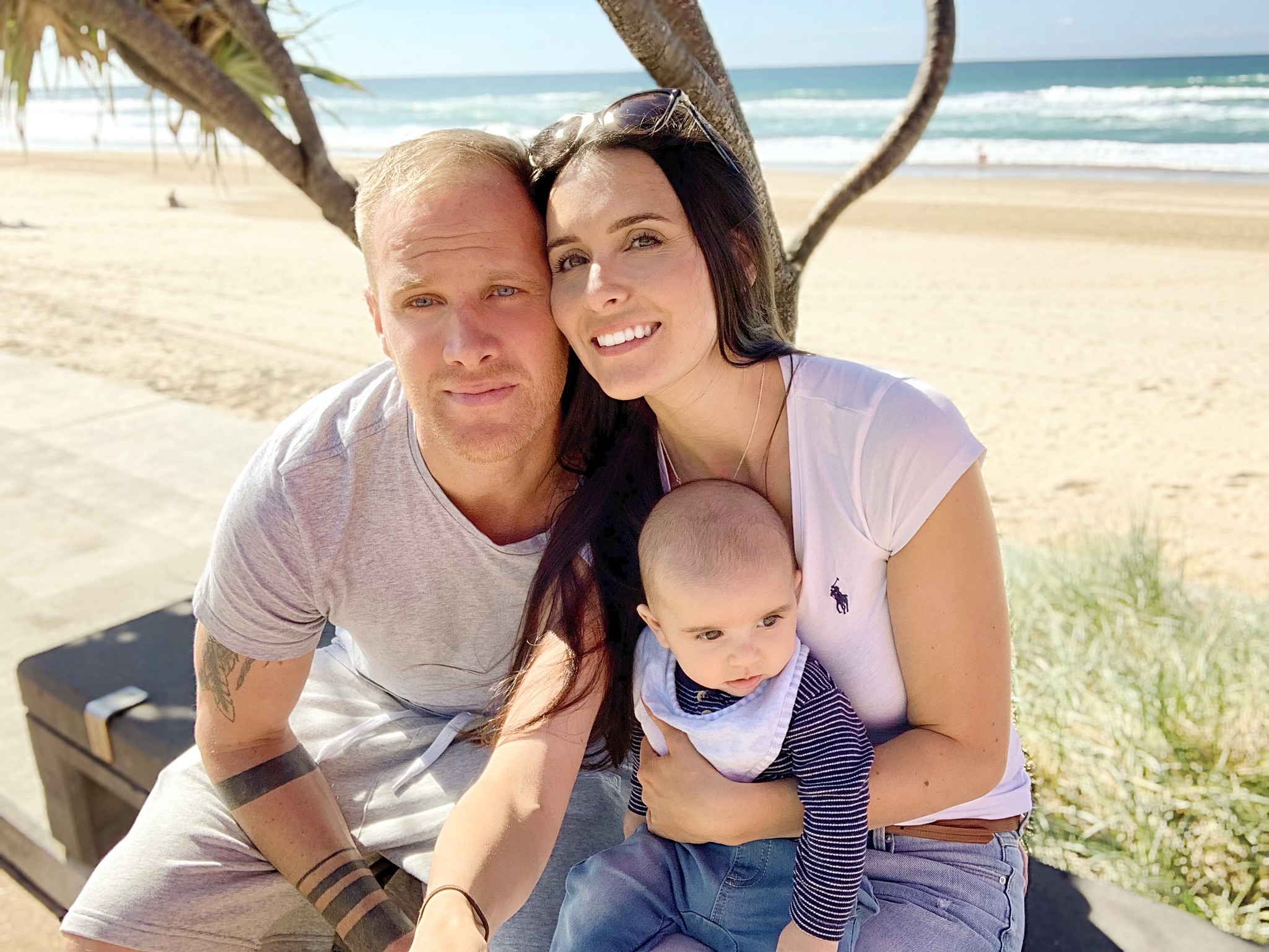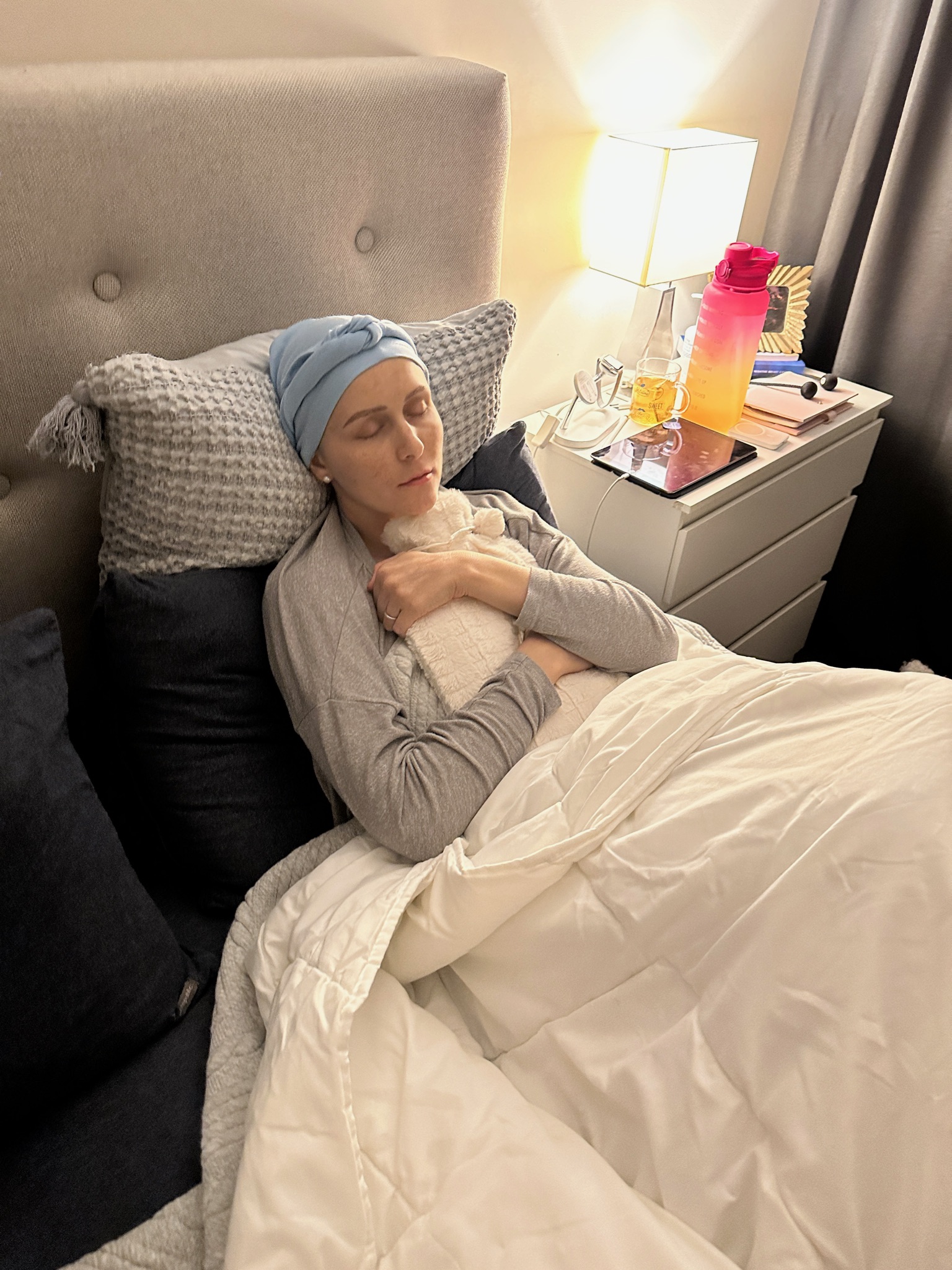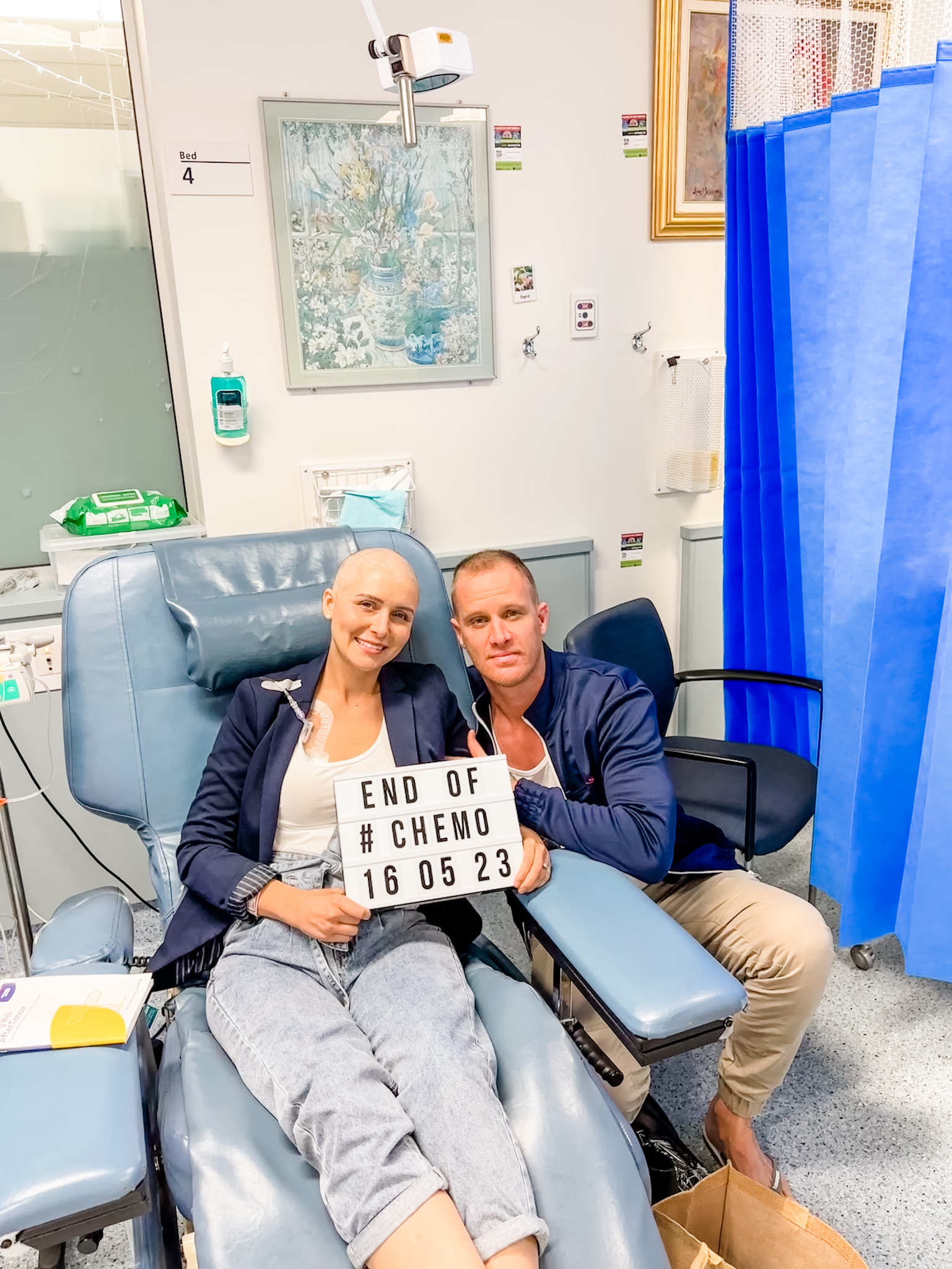Just before Christmas, two years ago, young Brisbane mother Victoria and husband, Ross, received devastating news that would change their lives forever.
In between caring for her energetic 2-year-old son Jimmy, juggling a busy career and planning for her upcoming wedding, Victoria was diagnosed with an aggressive form of cancer - grade 3 Invasive Ductal Carcinoma Triple Negative Breast Cancer (TNBC).
There was no family history of breast cancer, and Victoria’s only symptoms were fatigue and a small lump on her breast.
“The first thing I thought was ‘Am I going to see Jimmy grow up?’ Even if I get through my treatment, how will I have the energy to take care of him?” said Victoria.



Victoria was referred to Royal Brisbane and Women’s Hospital (RBWH). As Queensland’s largest Cancer Care Service, it treats approximately twenty percent of the state’s cancer patients and is an Australian leader in cancer research.
Thanks to the extraordinary power of giving, the RBWH Foundation has supported this crucial research for almost forty years.
As Victoria would soon learn, breast cancer usually has three different types of receptors, or triggers, which promote tumour growth. The receptors are estrogen, progesterone and human epidermal growth factor (Her2). They also determine a patient’s treatment plan.
Unfortunately, approximately 15% of breast cancers are triple negative, which means they have none of the receptors, limiting treatment to chemotherapy.
“In the last 10 years, there are few drugs that have changed the way we treat triple negative breast cancer,” said RBWH Medical Oncologist and researcher Dr Po Ling Inglis.
“Our patients and their families appreciate all that is given to them, but they live in hope that more discoveries will soon be made.”
Breakthroughs in cancer treatment, through medical research, require dedication but also funding.
“Research is expensive, especially investigator-initiated,” stressed Dr Inglis.
“There is no shortage of ideas, just the specialist resources.
“There are years, maybe decades of work to be done. There are successes and failures but there is always a financial limit. Research ceases if there is no funding.”






